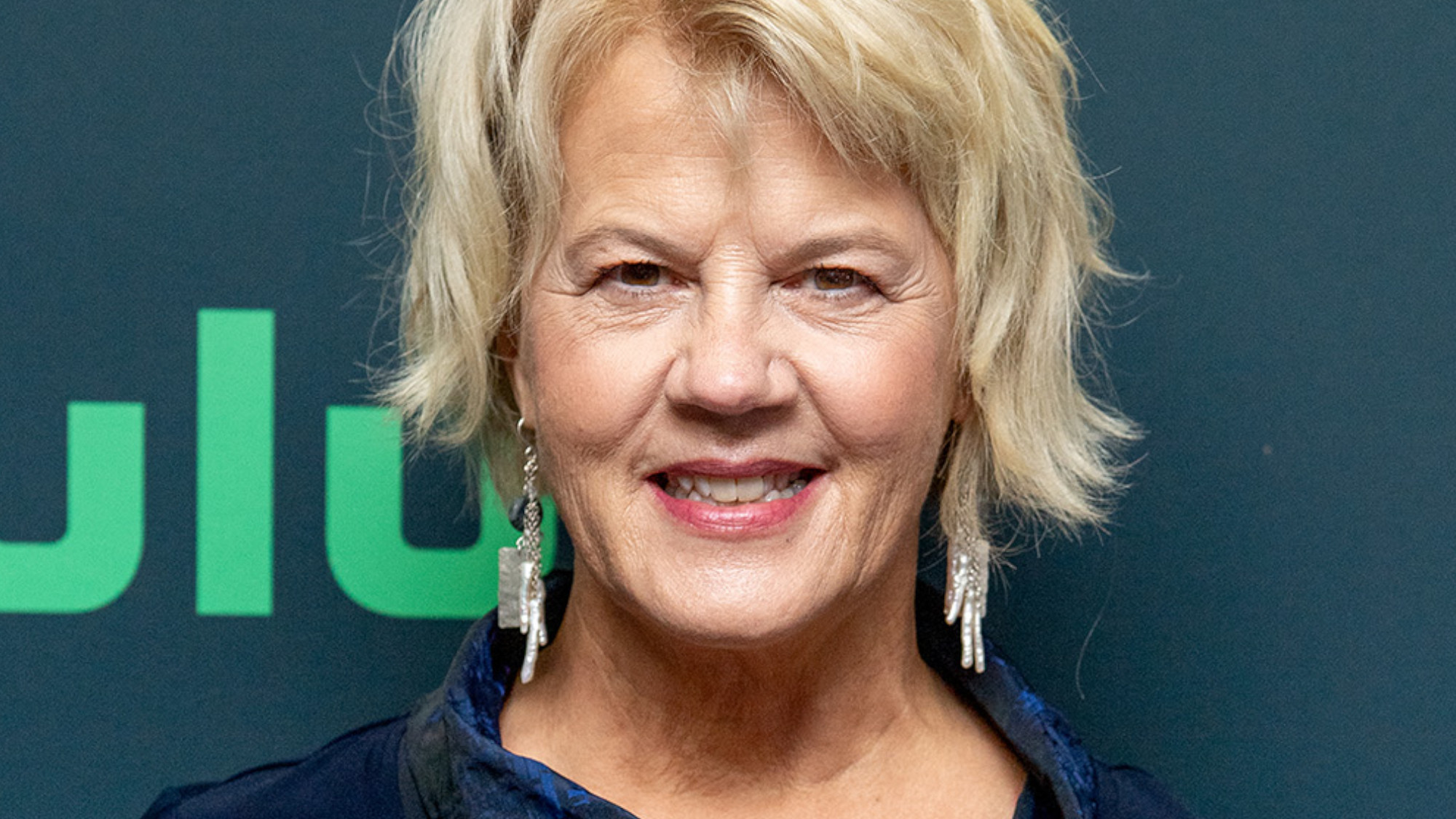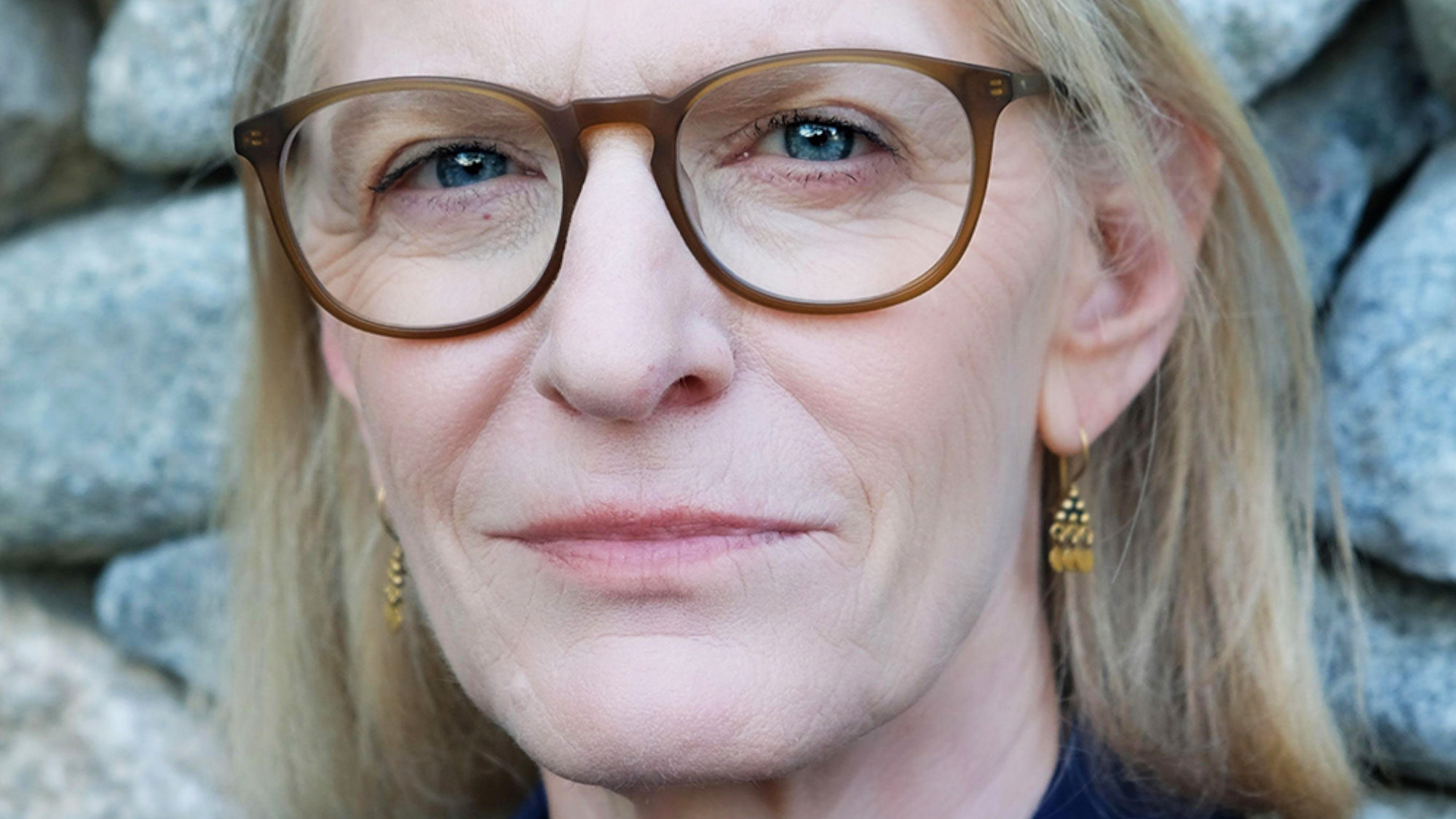Marc Maron
Marc Maron, co-host of the Morning Sedition program on Air America Radio, is the author of The Jerusalem Syndrome: My Life as a Reluctant Messiah.
A free daily email with the biggest news stories of the day – and the best features from TheWeek.com
You are now subscribed
Your newsletter sign-up was successful
Buy The Jerusalem Syndrome at Amazon
Home Land by Sam Lipsyte (Picador, $13). Lipsyte is not only a master of language and prose, but he is the funniest writer I know. His most recent novel will make you laugh the kind of laugh that can crumble into tears of recognition for those of us who feel that our lives didn’t quite work out the way we dreamed they would.
The Week
Escape your echo chamber. Get the facts behind the news, plus analysis from multiple perspectives.

Sign up for The Week's Free Newsletters
From our morning news briefing to a weekly Good News Newsletter, get the best of The Week delivered directly to your inbox.
From our morning news briefing to a weekly Good News Newsletter, get the best of The Week delivered directly to your inbox.
The Denial of Death by Ernest Becker (Free Press, $14). The first time I saw this book it was screaming at me from a bin at a Los Angeles Goodwill store. The title seemed to sum up and explain its surroundings, and when I picked it up, I believed it could explain me. This is a heavy, dense book that shouldn’t be read while on medication because it will have no effect. It will explain why you’re on medication and probably shouldn’t be. I keep it nearby at all times.
Nation of Rebels by Joseph Heath and Andrew Potter (Collins, $15). Written by a couple of Canadian smarties, this recent book deconstructs the history of modern radicalism and provides a good case for it being a chaotic growth spurt of capitalism.
A free daily email with the biggest news stories of the day – and the best features from TheWeek.com
Dino by Nick Tosches (Delta, $14). Tosches is one of the glowing dark lights in the even darker darkness, and this is a genius biography. Tosches uses Dean Martin’s enigmatic persona to explore the nature of celebrity and the gritty, seductive truth about show business from the ’40s through the ’70s.
Straight Life by Art Pepper and Laurie Pepper (Da Capo, $22). I wasn’t a big jazz fan when I read this autobiography of the great alto sax player Art Pepper, but the reason the book is awesome is that it is also an autobiography of addiction. It’s an insane, egocentric screed—about 50 pages of sax and 250 pages of drugs, jail, and insanity. In the end, though, Pepper puts across a simple code for living: Don’t be a rat.
Generation of Swine
-
 How to Get to Heaven from Belfast: a ‘highly entertaining ride’
How to Get to Heaven from Belfast: a ‘highly entertaining ride’The Week Recommends Mystery-comedy from the creator of Derry Girls should be ‘your new binge-watch’
-
 The 8 best TV shows of the 1960s
The 8 best TV shows of the 1960sThe standout shows of this decade take viewers from outer space to the Wild West
-
 Microdramas are booming
Microdramas are boomingUnder the radar Scroll to watch a whole movie
-
 Beth Macy’s 6 favorite books about living in a divided nation
Beth Macy’s 6 favorite books about living in a divided nationFeature The journalist recommends works by Nicholas Buccola, Matthew Desmond, and more
-
 Gilbert King’s 6 favorite books about the search for justice
Gilbert King’s 6 favorite books about the search for justiceFeature The journalist recommends works by Bryan Stevenson, David Grann, and more
-
 Nathan Harris’ 6 favorite books that turn adventures into revelations
Nathan Harris’ 6 favorite books that turn adventures into revelationsFeature The author recommends works by Kazuo Ishiguro, Ian McGuire, and more
-
 Marisa Silver’s 6 favorite books that capture a lifetime
Marisa Silver’s 6 favorite books that capture a lifetimeFeature The author recommends works by John Williams, Ian McEwan, and more
-
 Lou Berney’s 6 favorite books with powerful storytelling
Lou Berney’s 6 favorite books with powerful storytellingFeature The award-winning author recommends works by Dorothy B. Hughes, James McBride, and more
-
 Elizabeth Gilbert’s favorite books about women overcoming difficulties
Elizabeth Gilbert’s favorite books about women overcoming difficultiesFeature The author recommends works by Tove Jansson, Lauren Groff, and more
-
 Fannie Flagg’s 6 favorite books that sparked her imagination
Fannie Flagg’s 6 favorite books that sparked her imaginationFeature The author recommends works by Johanna Spyri, John Steinbeck, and more
-
 Jessica Francis Kane's 6 favorite books that prove less is more
Jessica Francis Kane's 6 favorite books that prove less is moreFeature The author recommends works by Penelope Fitzgerald, Marie-Helene Bertino, and more